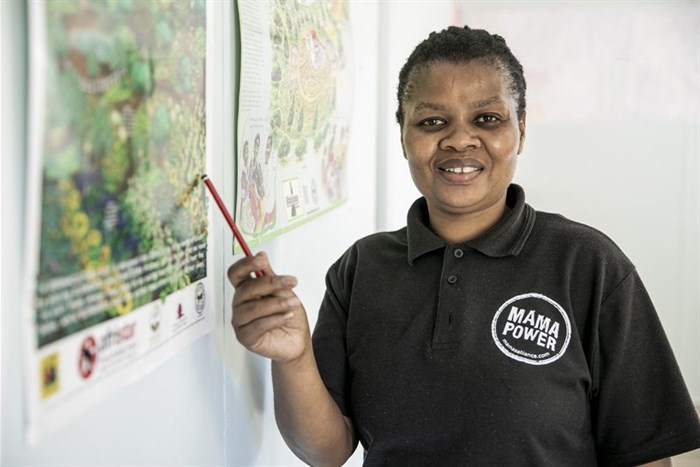Since it's inception in 1994, World Teachers' Day is celebrated globally on 5 October. This year sees World Teachers' Day take place 18 months into a global pandemic under the theme being "Teachers at the heart of education recovery".

Image: Supplied
Mamas Alliance, a network of independent autonomous grassroots organisations, says that teachers are the pillars of our education system and have worked tirelessly over a year and a half of uncertainly and disruption.
“This World Teachers’ Day, we want recognise the remarkable teachers in South Africa and thank them for the vital contribution they make to the youth of our country, our leaders of tomorrow,” says Kabelo Mosate, managing director of Mamas Alliance.
With a network of 2,200 Mamas across 37 independent autonomous NGOs operating from 75 predominantly rural sites, Mamas Alliance looks after the needs of over 60,000 children across the country.
“What underlies much of what we do as an organisation is the need to empower and uplift vulnerable children and youth across South Africa. We recognise the pivotal role that education plays in the development of a child,” Mosate says.
The philosophy underpinning the work that Mamas Alliance does is that the earliest possible intervention in education is critical. This journey includes the systematic and programmatic support of the child until their independence, with Mamas Alliance walking with the child throughout.
Research in the fields of neuroscience, biology and early childhood development have provided vital insights into how nutrition, relationships, and environments within the first 1,000 days of a child’s life can shape their future.
According to UNICEF, these first 1,000 Days, between a woman’s pregnancy and a child’s second birthday, is the critical window to ensure that children survive and thrive.
Early Childhood Development (ECD) programmes make up a significant percentage of the organisations within the Mamas Alliance network. NGOs countrywide support children in various ways to ensure that their journey through the education system is an enjoyable and successful one.
Mosate cites the concerning findings from the most recent TIMSS report as further highlighting the numerous challenges facing the country’s education system.
TIMSS, the Trends in International Mathematics and Science Study, was conducted for the first time at the Grade 5 level in South Africa in 2015, and then again in 2019. A total of 64 countries and entities took part in the TIMSS 2019 Grade 4/5 study, with South Africa ranked within the five lowest performing countries globally. This study revealed how far behind South Africa is when it comes to maths and science education in South Africa, and further emphasised the unequal status of students and their differing backgrounds.
Mosate says that many family homes in South Africa lack basic amenities and that millions of children live in conditions that are not conducive to learning.
“Improving these conditions is imperative, especially given the added challenges posed by the COVID-19 pandemic,” she says.
She says that World Teachers’ Day is an opportunity to not only recognise the teachers of South Africa, but to also highlight the work done by the Mamas who are ECD facilitators and caregivers in facilities and those who provide a complimentary service by giving homework support to children in after-school care programmes.
“They take a stand and accept the responsibility of giving stimulation, love and care to so many vulnerable children in our society," Mosate says. "They don’t look back but take action in their own communities by organising daily care, such as protection, food, education and social skills development for large numbers of children and youth."










































